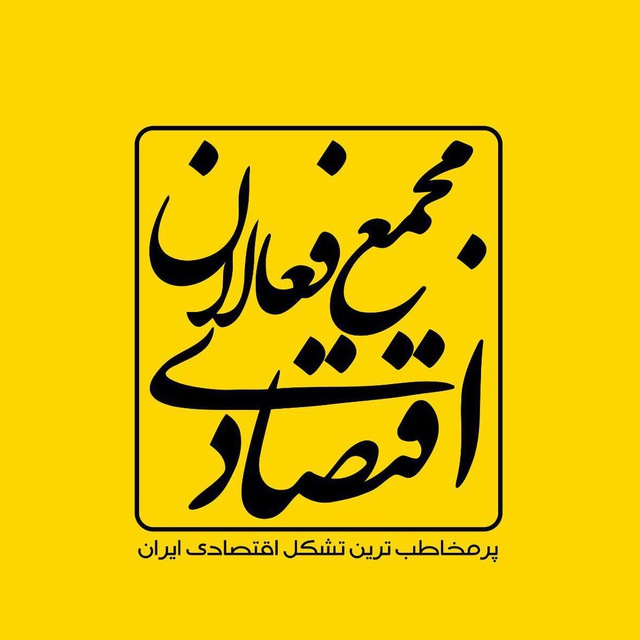Heterogeneous governance
Mustafa Nasrasafhani
Pay attention to the following news:
“The former manager of Hamedan airport was sentenced to 5 years of 5th grade imprisonment on charges of embezzlement in Hamedan airport transactions in the amount of 9,500,000,000 Rials and 10 years of imprisonment on charges of bribery in the amount of 700,000,000 Rials. He was sentenced to 4th degree punishment and fined in the amount of 700,000,000 Rials.
“Behrouz Zhadgaran was sentenced to 15 years in prison”
The former director of Hamadan airport has been sentenced to 15 years in prison and Behrouz Zhadgaran has been sentenced to 15 years in prison!!
The theft amount of the airport manager was less than one billion tomans and the theft amount of Behrooz casters was more than 1000 billion tomans! (Of course, there are significant media aspects to this story as well, including the fact that one robbery is represented by multiple zeros and another is expressed by letters!)
Economics Nobelist Gary Becker first modeled the Crime and Punishment debate in microeconomics. The basis of these classic models is comparing the cost of committing a crime with its benefits. Therefore, if the legislator wants to prevent the commission of a crime, he must make the “expected cost” of committing a crime greater than its “expected benefit”.
What signal does the cost-benefit account give to people about the above crimes?
At the same time, in principle, the punishments should depend on the crime, not who commits the crime. Punishments signal to the people of a society what they should not do and what they should do!
What do you think is the signal given by the above two news?
Now pay attention to this other news:
“Doctors were exempted from paying taxes up to 320 million Tomans per year.
(that is, approximately 30 million Tomans per month)
And of course, teachers with an income of 30 million tomans a year still have to pay taxes.”
Imposing a tax on a product or service means that according to the policymaker, that product should be produced and consumed less! For example, taxes are usually imposed on cigarettes and alcoholic beverages in different countries because it is argued that their consumption is harmful to the society.
Now, what is the signal that this tax system gives regarding the honorable job of a teacher?
Both of the above cases are examples of heterogeneity in governance!
This shows that there is no coherent thought behind the governance system, and if we are 30 years behind the world in engineering and, for example, the automobile industry, we are 300 years behind in humanities!
P.N.1: I was severely attacked in a group because of raising this issue. Therefore, it is necessary to remind here that I have no friendship or enmity with any person or class. I also remind you of my usual strategy to fix the infrastructure (system) to “prevent” such inconsistencies from happening again. Otherwise, the number of people who should be punished is very, very large!!
P.N. 2: None of the above news and numbers have been verified and are only given as examples. / Behavioral economics
Join the forum of economic activists
https://t.me/joinchat/AAAAAD-0rkJfxbjPxic4xg
This post is written by amirBRZa
